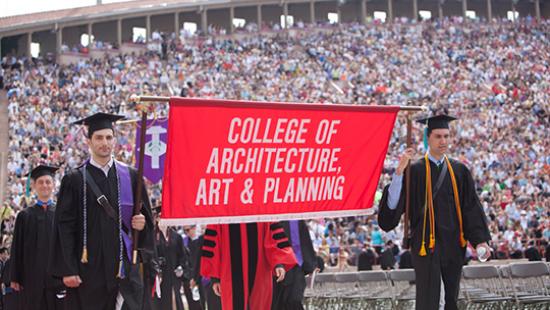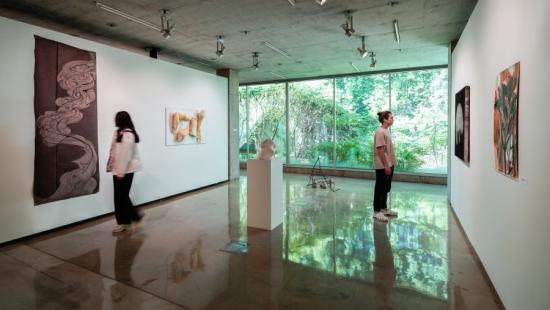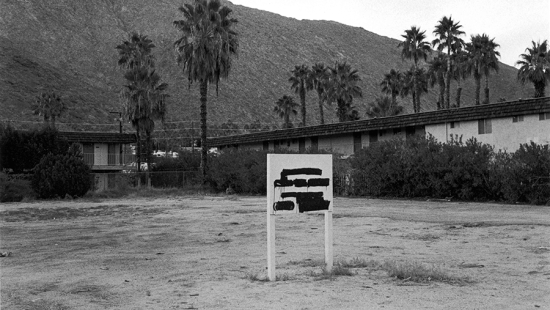Geoff Boeing: Generalizability in Urban Science

image / Glenn Carstens-Peters on Unsplash
Abstract
Cities have been the study of scientific inquiry for over a century. Today, a new formulation of urban science aims to describe, predict, and explain cities through the tools of computer science, statistical physics, and geospatial data science. However, it often suffers from poor generalizability. This talk considers two paths to attenuate this problem. First, conducting urban science without samples can sidestep traditional induction challenges. Second, localizing urban science to individual sites in collaboration with local partners can produce better validated and more actionable findings for evidence-informed planning practice. The talk concludes by considering how the academic community can foster better urban science through better theory-infused tools for planning research and practice.
Biography
Geoff Boeing is an Assistant Professor in the Department of Urban Planning and Spatial Analysis at USC's Sol Price School of Public Policy and the Director of USC's Urban Data Lab. He is a Nonresident Senior Fellow at the Brookings Institution. Previously, he was an Assistant Professor of Urban Informatics and Planning at Northeastern University. He received his Ph.D. in City and Regional Planning from the University of California, Berkeley, and completed a postdoc at Berkeley's Urban Analytics Lab.
Boeing's research revolves around city planning, urban form, data science, and urban informatics. Recent projects have focused on 1) the nature and character of urban street networks around the world, and 2) how spatial technologies and their data shape housing markets and our understanding of affordability. His recent research has been published in journals across scientific and policy disciplines, including The Lancet Global Health, the Journal of the American Planning Association, Applied Network Science, Geographical Analysis, Environment and Planning A and B, Frontiers in Neurology, and Urban Design International. He developed and maintains the OSMnx street network modeling software.
Boeing has presented his research at the Venice Biennale of Architecture and in plenary and keynote addresses at the AAG annual meeting and the Architect of the Future conference. His research has been shortlisted by the Information Is Beautiful Awards and the NetSci Visualization Awards and covered by The Economist, The Guardian, Forbes, Slate, The Washington Post, The San Francisco Chronicle, The Boston Globe, The Los Angeles Times, and many other media outlets. He has served as a consultant for several planning, policymaking, and public health organizations.





